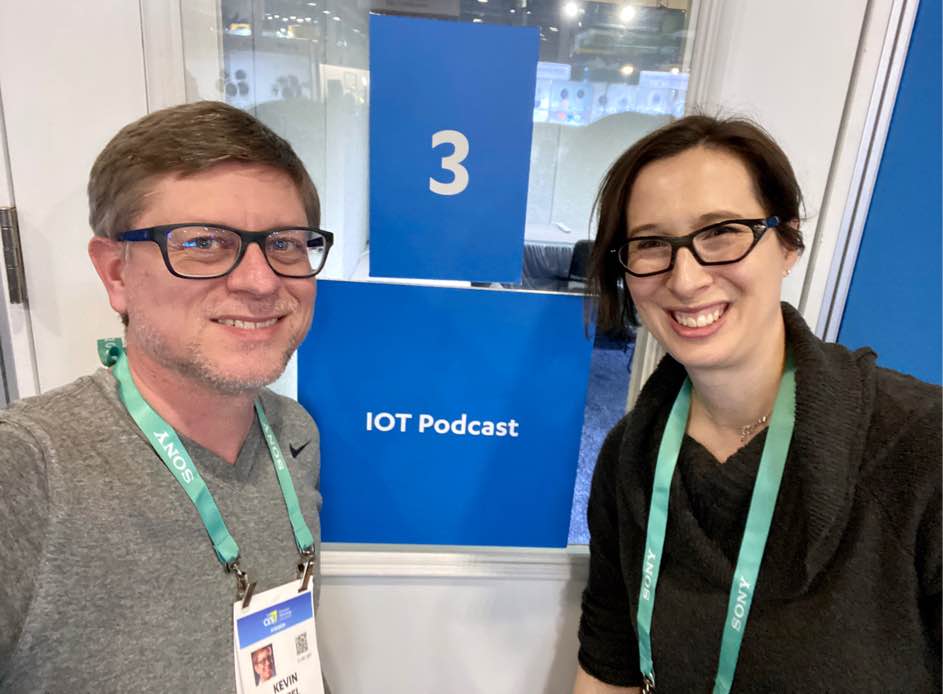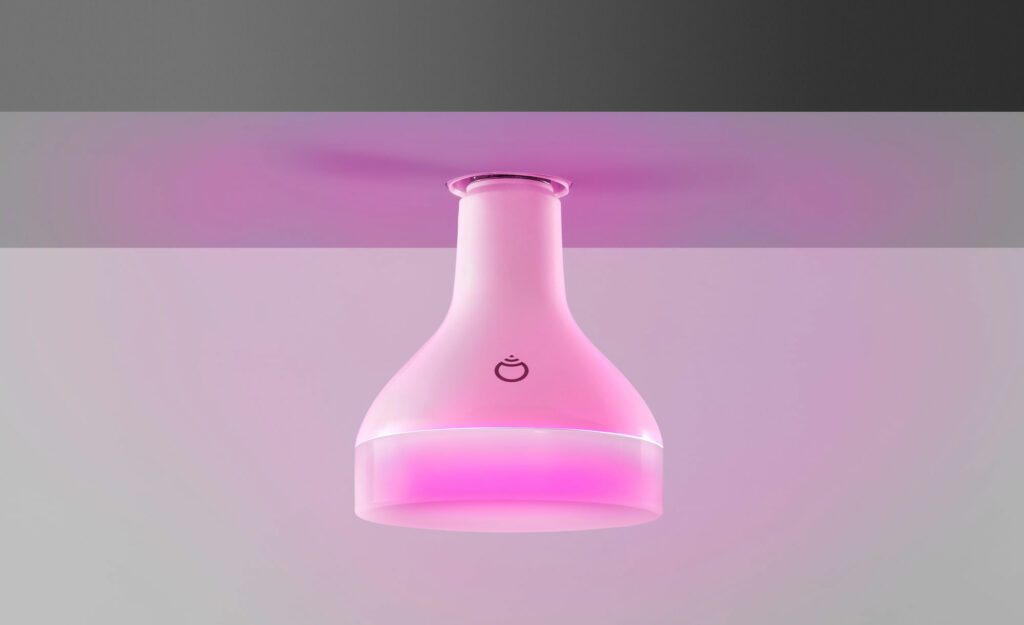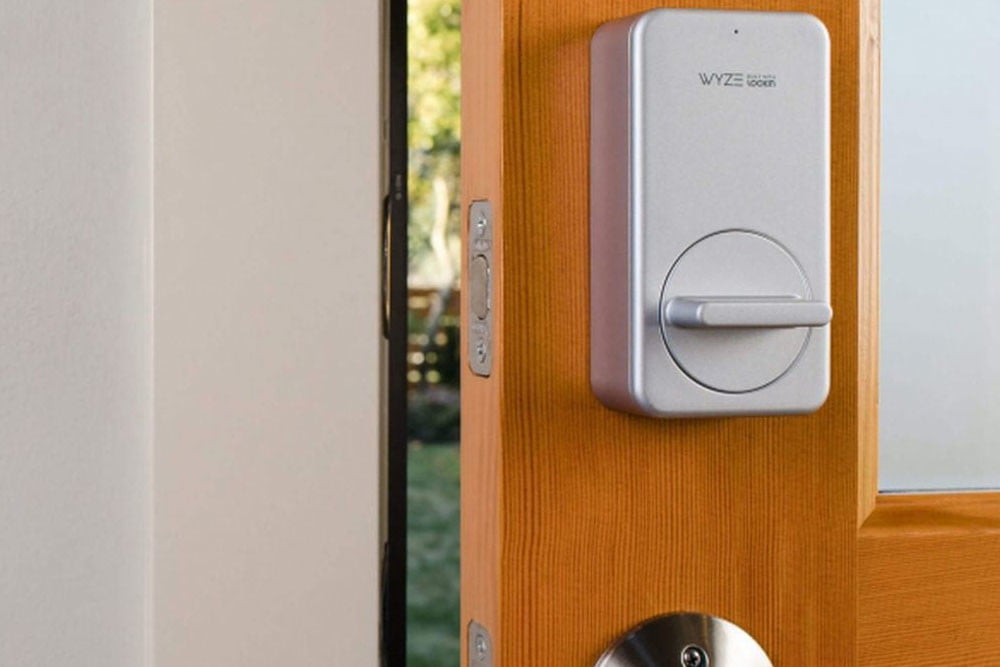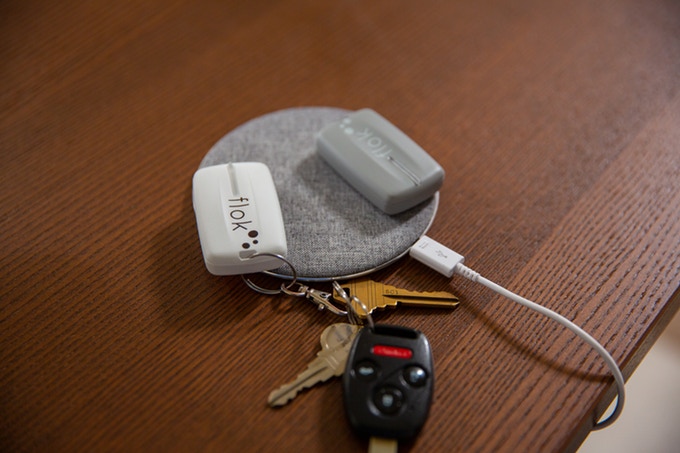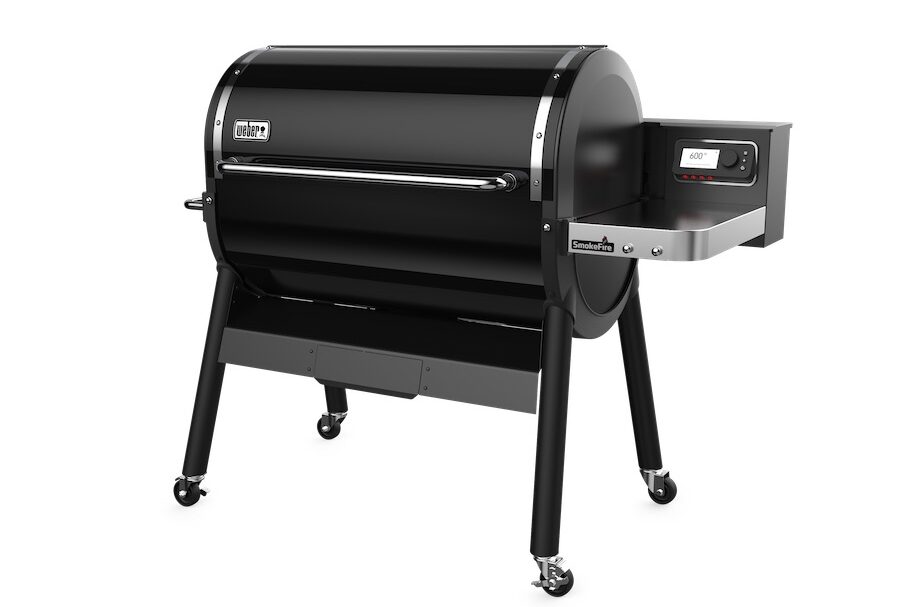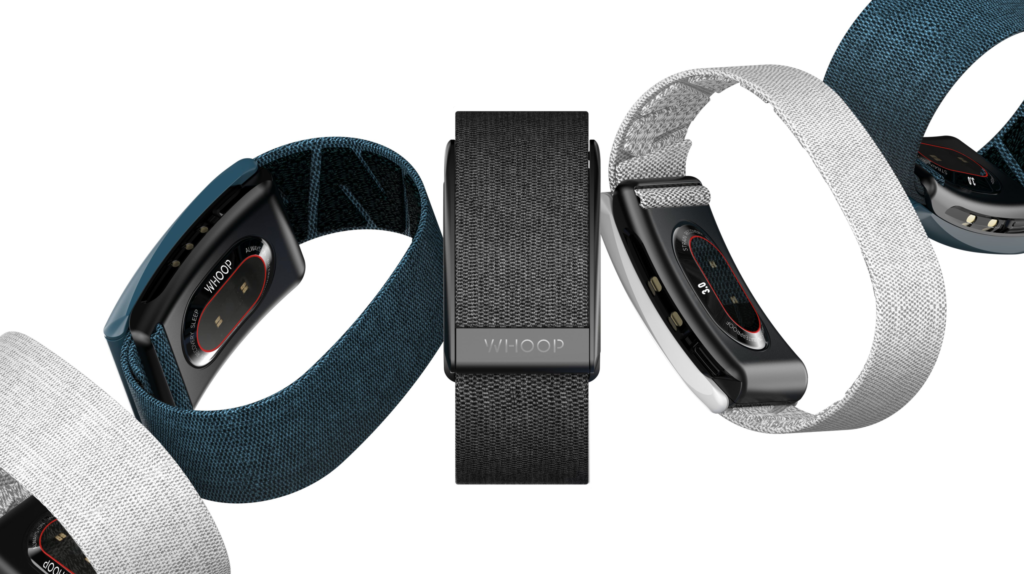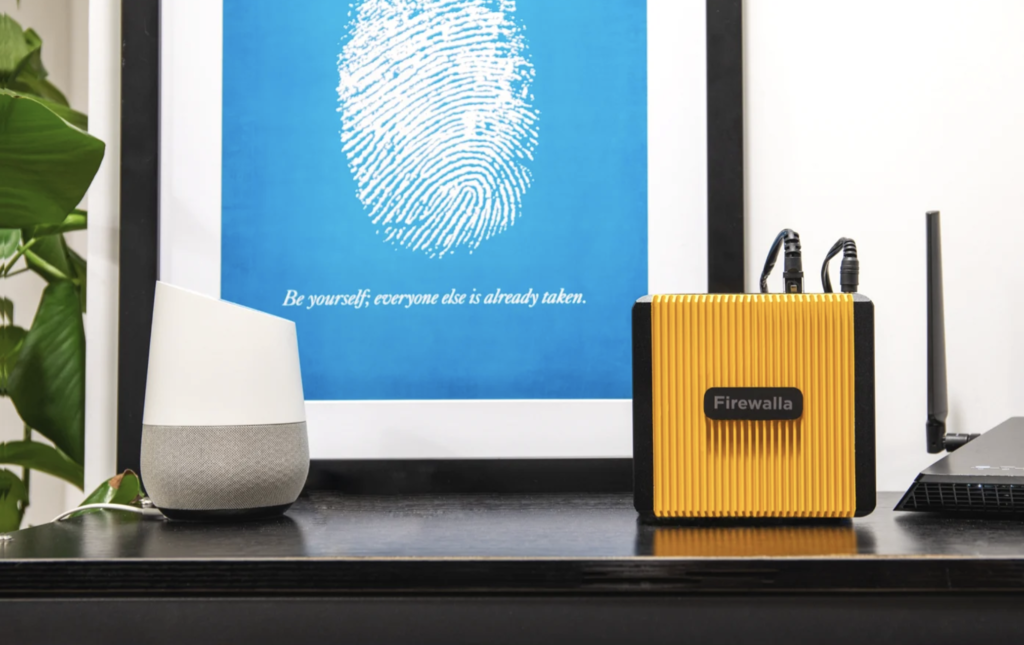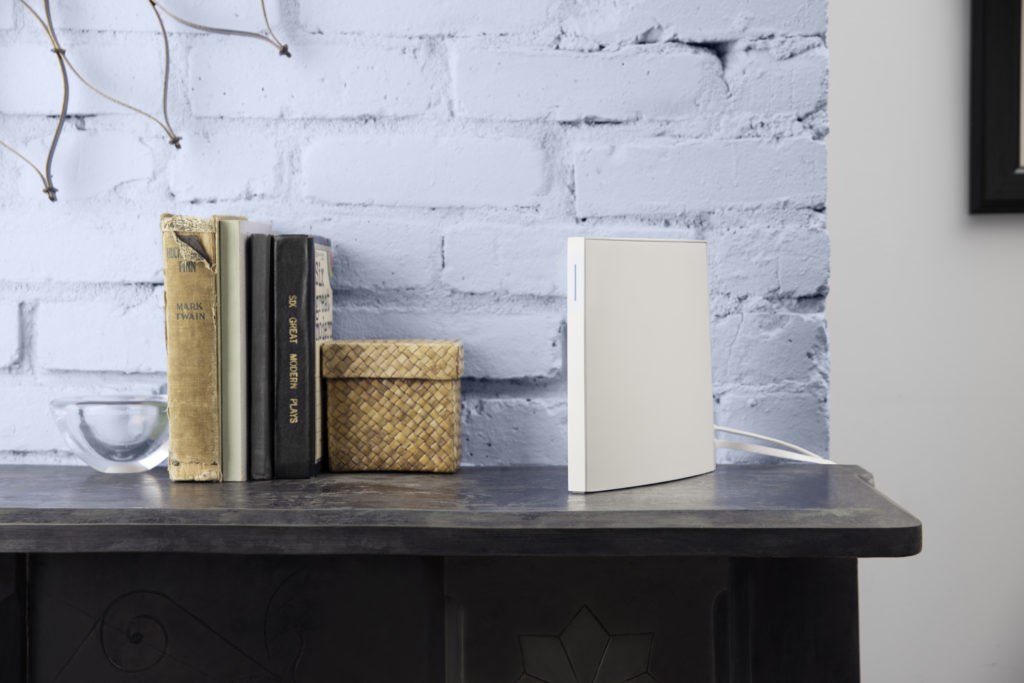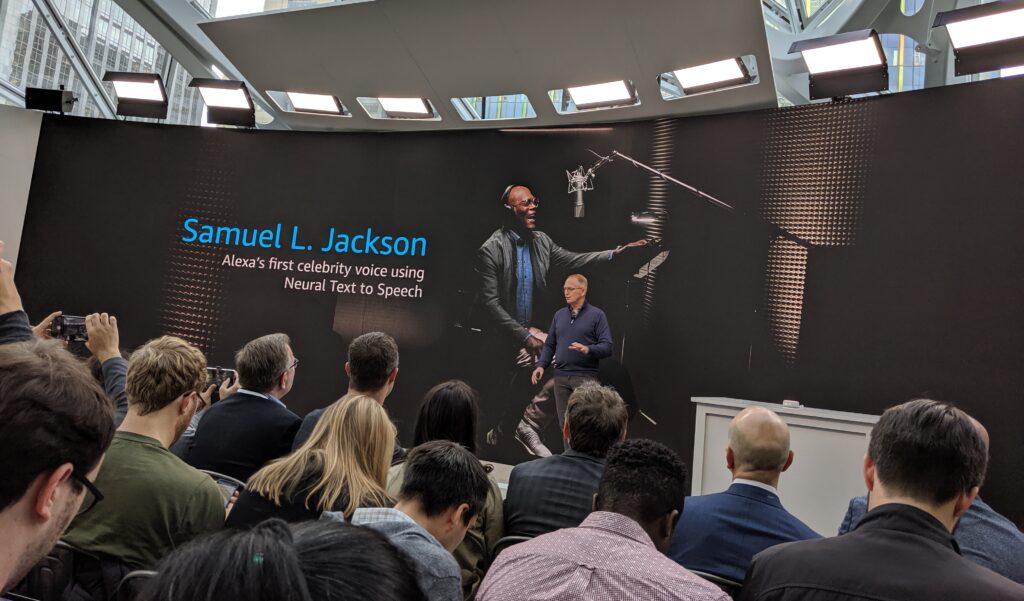This week’s show was dedicated to a wrap up of CES 2020. Kevin and I shared how the show has changed in the last 15 years, talked about technology for Boomers, the Withings ScanWatch and ran through several new maker boards. We covered the $2 Wemos W600-PICO board, a new Arduino board for industrial use and a RISC-V development board. From there we moved on to pretty light switches from Iotty and Legrand as well as Mixtile’s local AI as part of a smart home hub. I also saw a connected chai-maker at a friend’s house that handled personalization well using Bluetooth and we talked through the SmartThings app migration that started this week. We also covered an industrial IoT acquisition and a plant-powered sensor that sent data to space. Our question this week was about light switches, and we need your help.
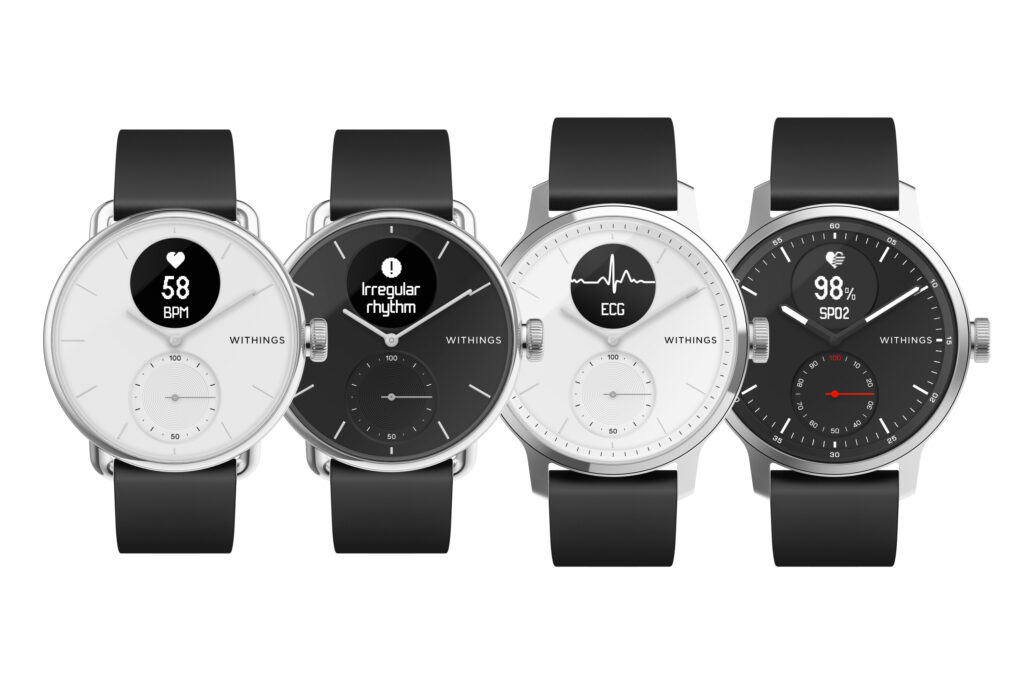
Our guest segment this week is comprised of five different guests who I cornered at CES to talk about the new Connected Home over IP standard. First up was Lee Ratliff, senior analyst with IHS Markit, who explains why he thinks CHIP is a positive development, what each player is likely to bring the standard and why the IP aspect of the standard matters so much. Then I spoke with Tobin Richardson, CEO of the Zigbee Alliance and Chris LaPrè, a solutions architect at the Zigbee Alliance, about the need for schemes and a name change for the Alliance. Matt Johnson, SVP and general manager of IoT at Silicon Labs, shares his take on CHIP and as the company behind the Z-Wave standard, talks about what happens to Z-Wave as CHIP gains ground. Scott Harkins, Vice President Connected Home Resideo, explains why Resideo is backing CHIP and why he’s not giving up on the Open Connectivity Foundation, or any of the other standards efforts Resideo is involved in. And finally, Brian Van Harlingen CTO of Belkin International talked about how CHIP could help his company and whether or not he thinks it’s going to happen. There’s a lot here, and I’m sure you’ll enjoy the show.
Hosts: Stacey Higginbotham and Kevin Tofel
Guests: Lee Ratliff, senior analyst with IHS Markit; Tobin Richardson, CEO of the Zigbee Alliance and Chris LaPrè a solutions architect at the Zigbee Alliance; Matt Johnson, SVP and general manager of IoT at Silicon Labs; Scott Harkins, Vice President Connected Home Resideo; and Brian Van Harlingen CTO of Belkin International.
Sponsors: MachineQ and IoT World
- Say goodbye to the old guard at CES
- Healthcare startups and maker boards catch our eye
- Get ready for the SmartThings app migration
- Why the Zigbee Alliance is contemplating a name change
- What’s so special about IP anyway?
Podcast: Play in new window | Download | Embed
Subscribe: RSS

